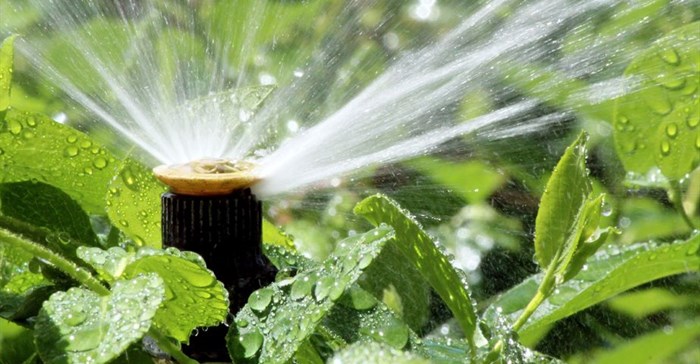
Subscribe & Follow
SA farmers must meet challenges of climate change

Ishmael Sunga, CEO of the Southern African Confederation of Agricultural Unions (SACAU) said “Farmers’ organisations play a critical role in ensuring that the complex and dynamic developments that lie ahead don’t leave smallholder farmers behind, so that they can manage the risks, and opportunities, that come with the future,” as the organisation marked Global World Food Day on October 16 under the banner “Climate is changing. Food and agriculture must too.
The Food and Agriculture Organisation (FAO) estimates that agricultural production (crops, livestock, fisheries and aquaculture) will have to increase by about 60% by 2050 to feed a growing global population.
In order to feed a growing global population in a changing climate, the world must adopt more resilient and sustainable forms of agricultural systems such as Climate Smart Agriculture (CSA) that can offer a strategic approach in transforming the future of agriculture and promote food security.
“The modernisation of African farmers’ organisations need to include the use public-private partnerships, improvement of logistics, and the use of digital solutions for issues such as training so that it becomes more accessible at a lesser cost,” explains Sunga.
The negative effects of climate change are undermining food production and farmers’ productivity and sustainable agricultural practices are, therefore, essential to address these challenges.
“Climate change means it is no longer business as usual. We need fundamental change, a revolution in the way we farm in Africa”, says Dr Theo de Jager, the president of SACAU.
Related
Goss’s Wilt and Leaf Blight: A new threat to South African maize production 10 hours Government addresses misinformation on abalone fishing 21 Feb 2025 Morocco bans German feed grain imports amid FMD outbreak 31 Jan 2025 Training boosts output, disease control for Kenyan smallholder fish farmers 19 Dec 2024 RMIS launches traceability platform for red meat industry 5 Nov 2024 COP29: AI can help develop climate-resistant crops for Africa – but it shouldn’t be left in the hands of corporates 4 Nov 2024






